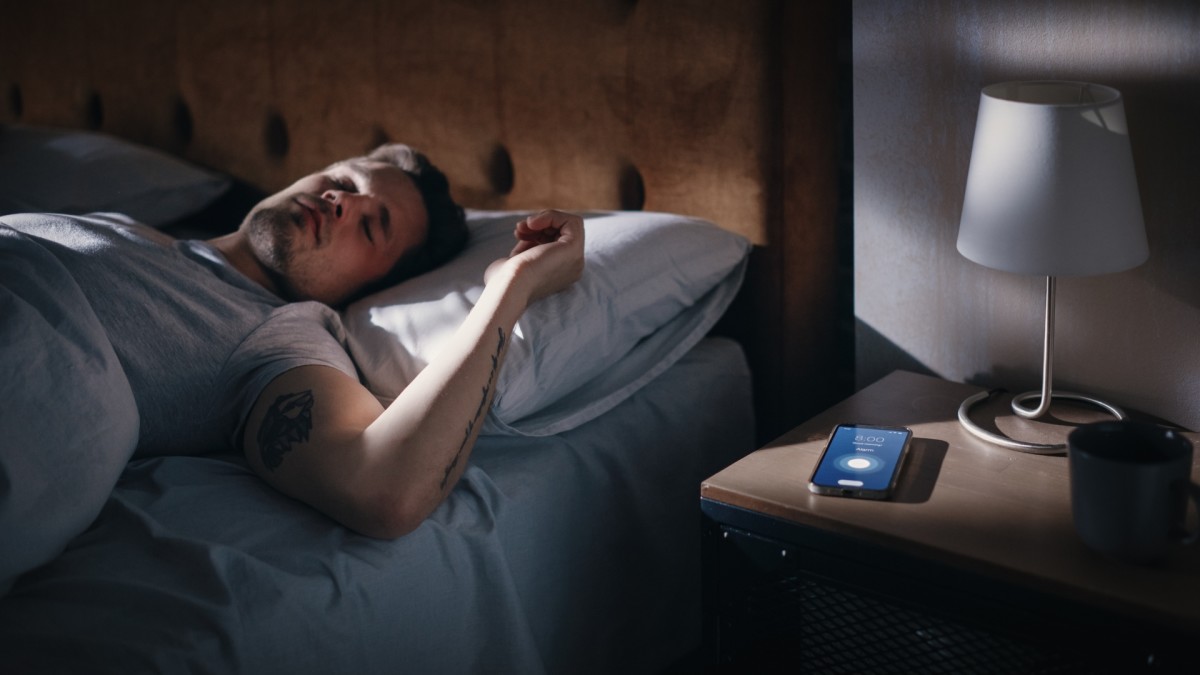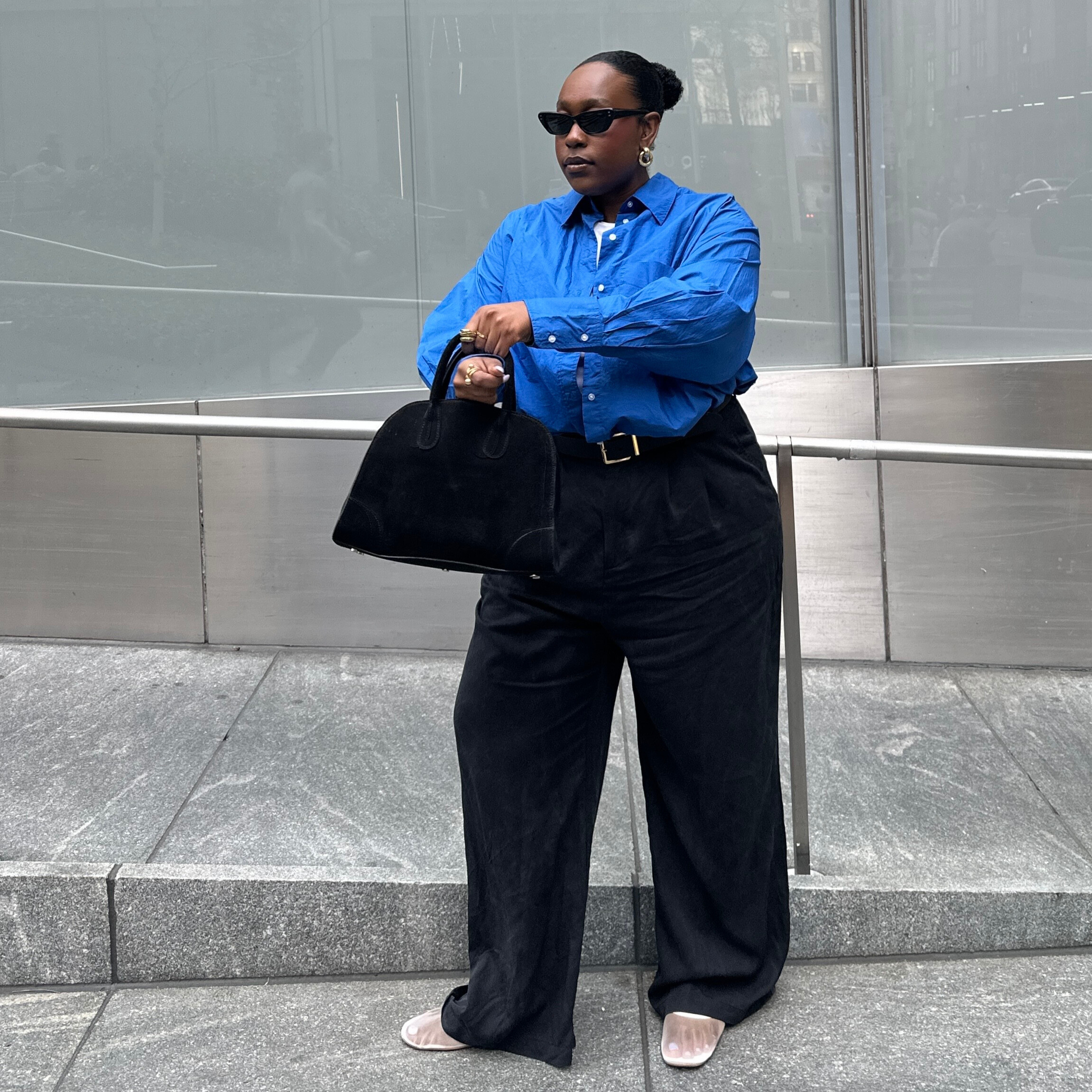Sleeping in This Position Could Improve Your Muscle Recovery Overnight
Optimal recovery requires more than just clocking hours under the covers.

Anyone who lifts knows recovery comes down to three key things: staying hydrated, eating right, and getting enough rest. Most guys have the protein part down—pounding shakes and loading up on chicken and rice—but sleep is where things fall apart. As IFBB pro bodybuilder and powerlifter Stan Efferding puts it: “If you’re getting up at 4 a.m. after 5 hours of sleep to do cardio, knock it off. You’re stepping over hundred-dollar bills to pick up nickels.”
Getting to bed is one thing, but optimal recovery requires more than just clocking hours under the covers. To bounce back from intense training, how you sleep matters just as much as how long. Back sleeping is usually a no-go for lifters with thick necks, especially those dealing with sleep apnea. But it might actually be the secret to better muscle recovery overnight.
"Back sleeping can help to relax our muscles by reducing pressure on our joints and muscles that come from sleeping in other positions," says Andrew E. Colsky, JD, LLM, LPC, LMHC, founder of the National Sleep Center. "Back sleeping in this case also keeps our spine aligned and promotes better delivery of oxygen and nutrients to our sore muscles. It can reduce nerve compression, and it also prevents unintentional pressure or torsion on healing muscles and joints."
Related: Finnish Athletes Swear by This Cold-Therapy Trick for Faster Recovery
How Does Back Sleeping Aid in Muscle Recovery?
According to Colsky, the biggest reason back sleeping aids in muscle recovery is because of improved circulation. He also says that sleeping on your side or stomach can actually lead to pinched blood vessels or compressed abdominal arteries.
Dr. Emma Lin, a pulmonary and sleep medicine physician and co-founder of ReadyO2, agrees, adding, "When you sleep on your back, blood passes through your body with less resistance because nothing is pressing on your blood vessels. Your heart is able to pump additional amounts of oxygen and nutrients to your muscle tissues. Improved blood circulation equals improved recovery."
Who Shouldn’t Sleep On Their Back?
While sleeping on your back is sure to assist with muscle recovery and improve blood flow, it's not the best option for everyone. "If you snore loudly or find yourself gasping for air when on your back, you may have obstructive sleep apnea (OSA), a condition that actually puts a strain on your heart," Colsky says. "If you think you may have OSA, it is important to get tested by a qualified sleep doctor."
Back Sleeping Modifications to Enhance Recovery
Back sleeping alone can be a game changer for recovering properly, but if you want to take it up a notch, both Colsky and Lin agree that elevating your legs with a pillow or wedge under your knees makes it easier for blood to return to your heart.
"Find a pillow that supports the natural curve of your neck so that your spine remains aligned as you sleep, but don't forget your mattress," Colsky says. "If your mattress has visible sagging or lumps or is more than 10 years old, it is time to replace it. It's hard to keep your spine aligned if you are sleeping on a sagging mattress."


































































